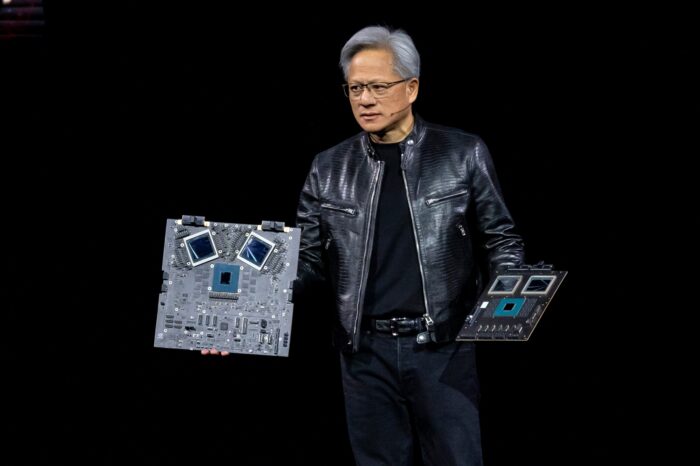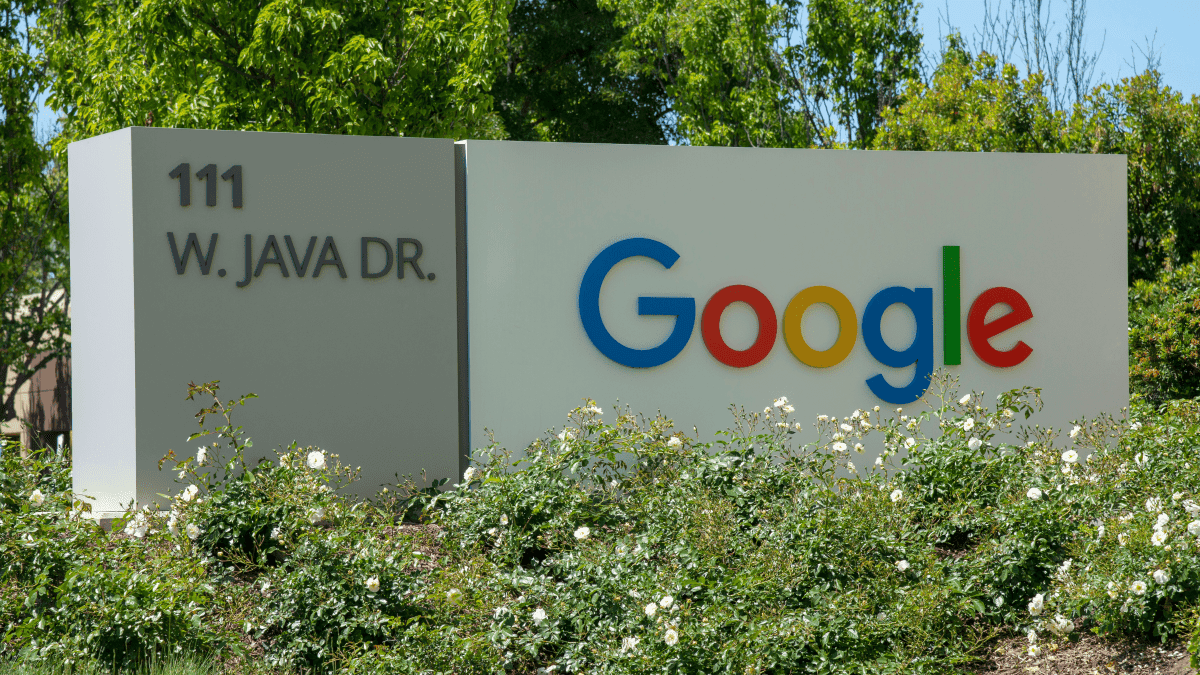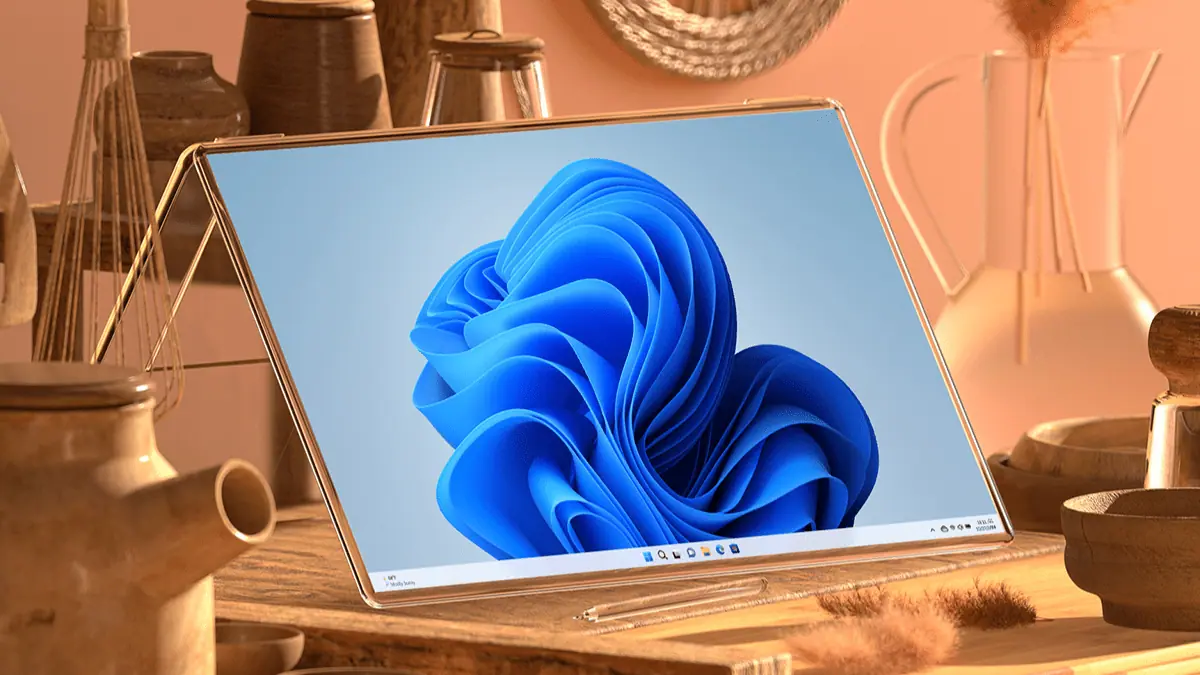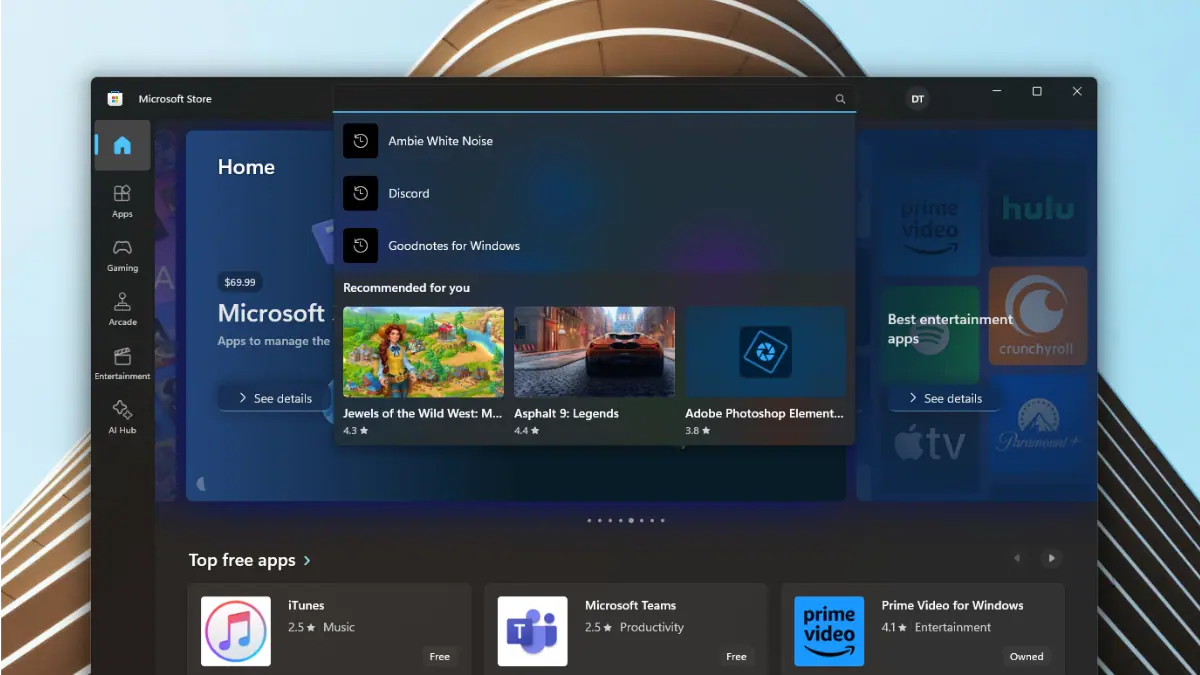NVIDIA unveils 'Blackwell' and Google, Microsoft, Meta, OpenAI CEOs can't get enough of it
2 min. read
Published on
Read our disclosure page to find out how can you help MSPoweruser sustain the editorial team Read more
Key notes
- Nvidia’s new Blackwell processor promises to supercharge AI computing.
- With 208 billion transistors, Blackwell will power next-gen data centers for tech giants like Amazon and Google.
- The chip aims to handle complex AI tasks beyond simple functions like speech recognition.

Nvidia has announced a new processor design, Blackwell, promising to change the field of AI computing. This comes after NVIDIA announced its partnership with Microsoft.
Blackwell has 208 billion transistors, making it too complex for conventional production methods. To overcome this, the chip design utilizes two chips connected to act as one. Manufactured by Taiwan Semiconductor Manufacturing Company (TSMC), Blackwell is expected to be the engine powering the next generation of data centers for tech giants like Amazon, Microsoft, and Google.
Many CEOs and leads have said nothing but good about these chips, including Satya Nadella, Mark Zuckerberg, Sam Altman, Elon Musk, Sundar Pichai, and more.
Named in honor of David Harold Blackwell. He was an accomplished mathematician who specialized in the fields of game theory and statistics. He was also the first Black scholar inducted into the National Academy of Sciences.
Blackwell is the engine to power this new industrial revolution. “AI is the driving force in a fundamental change in the economy, and we are working with the most dynamic companies in the world to realize the promise of AI for every industry.
Said Nvidia co-founder Jensen Huang at the company’s GTC conference.
Blackwell features improved connectivity with other chips and a novel method for processing AI data, accelerating the entire process. It will be available as part of Nvidia’s next generation “superchip” lineup, paired with their Grace central processing unit (CPU).
While Nvidia dominates the AI chip market, expanding its technology beyond major cloud computing companies remains a challenge. Huang addressed this by highlighting efforts to make AI systems more accessible, allowing corporations and governments to implement AI with their own software, hardware, and services.
More here.








